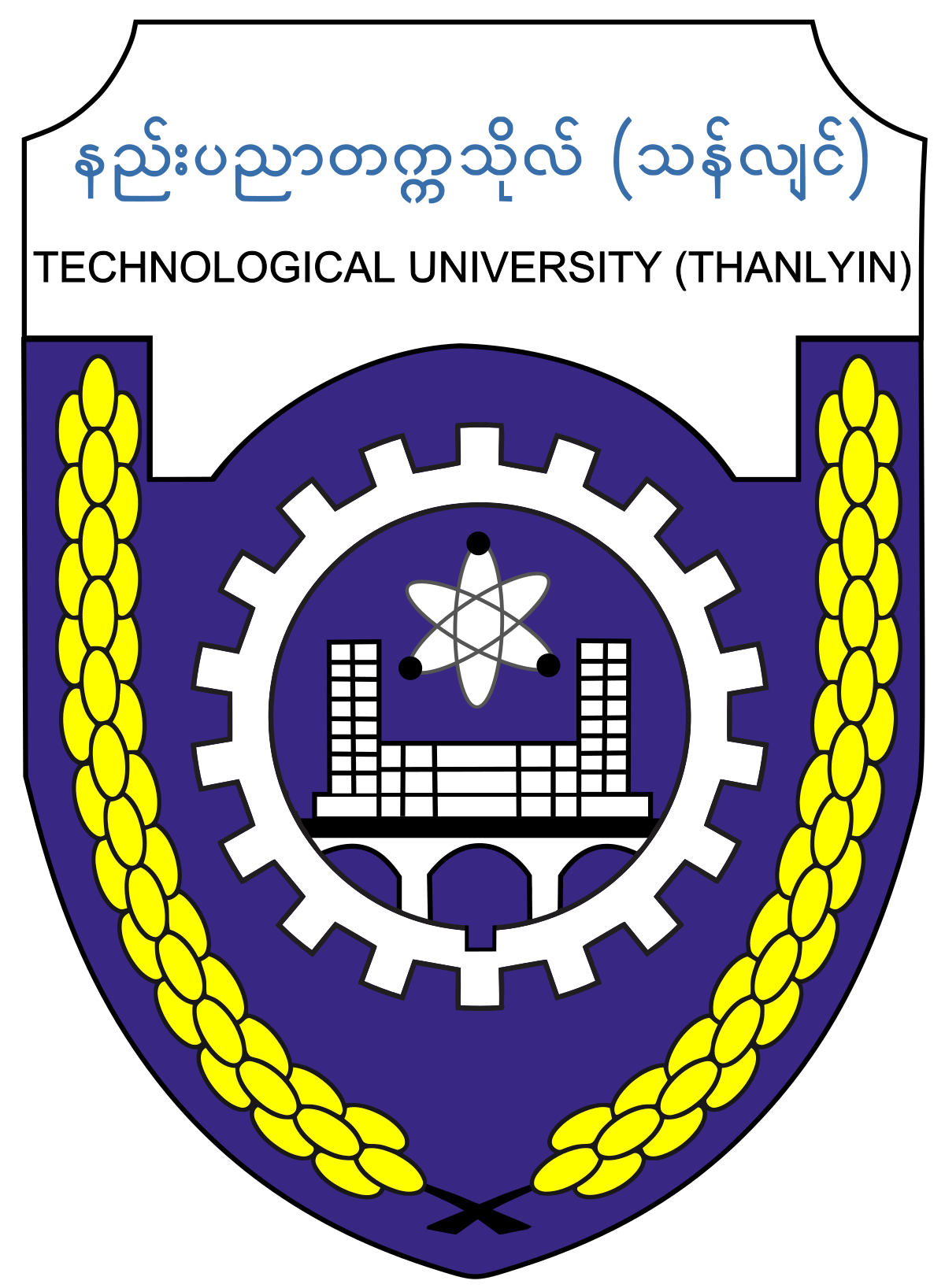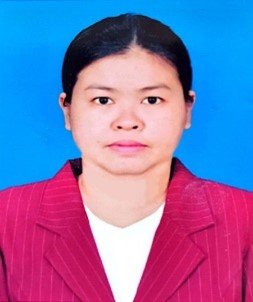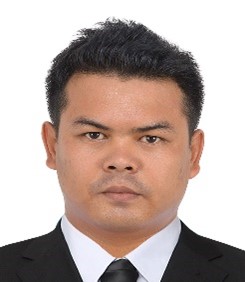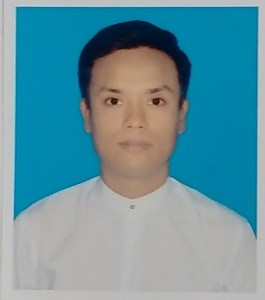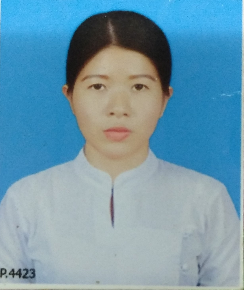About
Department of Mechanical Engineering
Mechanical engineering is the discipline that applies engineering physics, engineering mathematics and materials science principles to design, analyze, manufacture, and maintain mechanical systems. It is the oldest and largest engineering field. Mechanical engineers design power-producing machines, such as hydro, solar and wind power generations, internal combustion engines and steam and gas turbines, as well as power-using machines, such as refrigeration and air-conditioning systems. Mechanical engineers design other machines inside buildings, such as elevators and escalators.
Education for Mechanical Engineers
Mechanical engineers typically need a Bachelor’s degree in mechanical engineering technology. Mechanical engineering programs usually focus on theory and practical application of engineering principles. The course introduces the field of mechanical engineering technology, the knowledge and skills that define the discipline, and possible career options. The student practices the use of spreadsheets to present and analyze information related to the field. Exercises are based on the field of mechanical engineering and expose the student to various topics (materials, energy, strength, fluids, heat, etc.) where information and numerical data are acquired, organized, analyzed and presented. Other topics include career options, professional development, ethics, leadership, team work and time management. They may emphasize internships and co-operations to prepare students for work in industry.
The mechanical engineering field requires an understanding of core areas including mechanics, dynamics, thermodynamics, materials science, structural analysis. In addition to these core principles, mechanical engineers use tools such as computer-aided design (CAD), computer-aided manufacturing (CAM) and engineering management to design and analyze manufacturing plants, industrial equipment and machinery, heating and cooling systems, transport systems, aircraft, weapons, and others. It is the branch of engineering that involves the design, production, and operation of machinery.
Job Opportunities for Mechanical Engineers
Product design, Research and Development, Manufacturing, Systems Management, Energy, Designing Commercial and Industrial Machines
Vision and Mission
Vision
- To be recognized as a provider of high quality education in the field of Mechanical Engineering that enables graduates to meet the needs of society
Mission
- To encourage students to express and improve themselves with their knowledge and skills to respond to engineering problems in wide range of areas
- To prepare the graduates to be leading contributors in response to the dire needs of industry and society
- To provide the students with academic environment of excellence, leadership, ethical guidelines and lifelong learning needed for a long productive career
Programme Educational Objectives (PEO)
PEO 1- Apply fundamental technical knowledge and skills to find workable solutions to technological challenges and problems in core and allied areas of mechanical engineering
PEO 2- Design and develop Engineering system components with the sense of ethics, professionalism for the benefit of the industry as well as society.
PEO 3- Enhance the professional career through continual learning to take-up challenging task in the organization they work with good technical competency, communication skills and team spirit.
Program Outcomes (PO)
- Apply basic knowledge of mathematics, science and engineering principles to solve technical problems
- Identify, Formulate, Analyze and Solve Complex Mechanical Engineering Problems
- Ability to design and develop mechanical components and processes to meet desired needs considering public health, safety, cultural, social, and environmental aspects
- Design a system and conduct experiments as well as analyze and interpret data
- Apply the techniques, skills and modern engineering tools necessary for engineering projects.
- Impart knowledge of contemporary issues about society and environment.
- Ability to develop sustainable solutions and understand their impact on society and environment
- Demonstrate Commitment to Professional and Ethical Principles
- Function effectively as an individual and in a Group with the Capacity to be a Leader
- An ability to apply written, oral, and graphical communication in both technical and non-technical environments; and an ability to identify and use appropriate technical literature
- Demonstrate knowledge and understanding of engineering and financial management principles and apply them to manage projects and multidisciplinary nature.
- Recognize the need for professional advancement by engaging in life-long learning
ဆောင်ပုဒ်
“နည်းပညာမြင့် အခြေတင့်”
Teaching Staffs
Curriculum and Syllabus
Curriculum
Syllabus
Activities
Coming soon
Laboratory
Coming soon
News
Coming soon
Get In Touch
Coming soon
